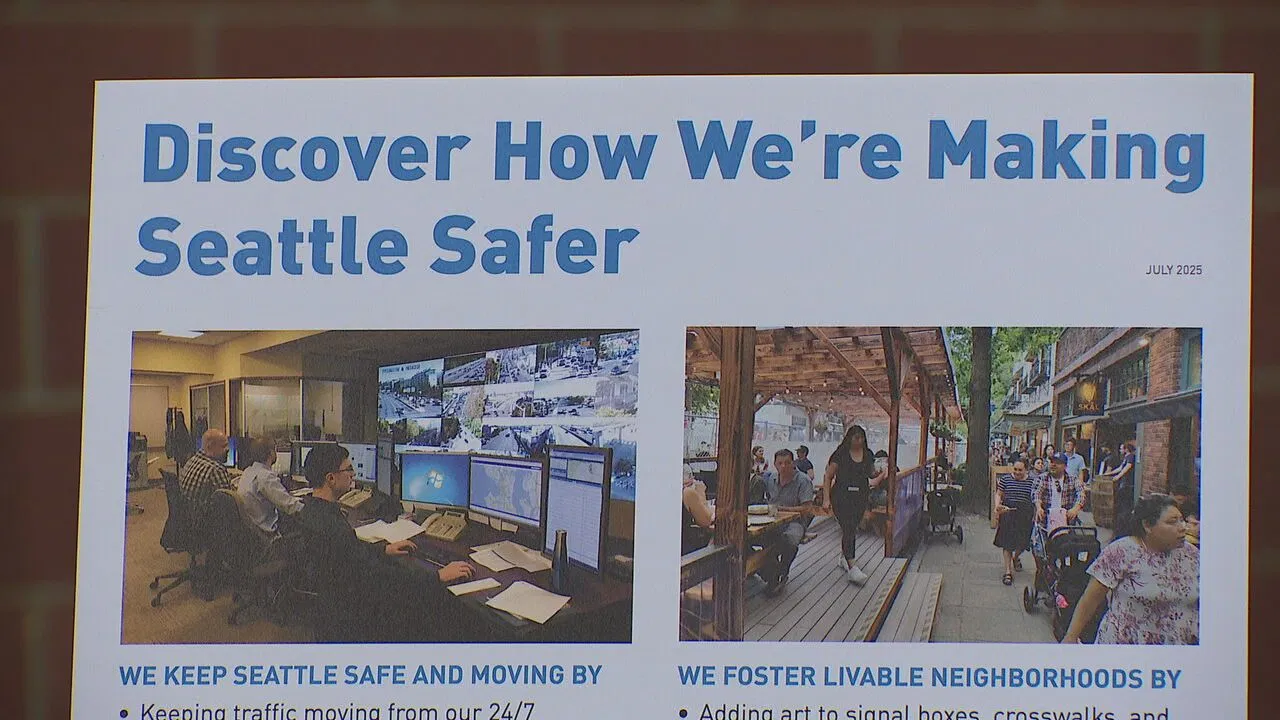This year marks a historic milestone — 90 years of Social Security. Since President Franklin D. Roosevelt signed the program into law on August 14, 1935, Social Security has been a cornerstone of America’s economic safety net, ensuring that retirees can live with dignity, supporting people with disabilities, and providing vital income to families after the loss of a loved one.
In nine decades, not a single payment has been missed. That record of reliability stands as a testament to the strength and stability of one of the nation’s most trusted institutions. Every working American has contributed, and nearly every American benefits from it — making its protection a shared responsibility.
The Washington State Impact
Today, more than 1.4 million Washingtonians rely on Social Security to cover rent, groceries, prescriptions, and other essentials. Without these payments, nearly 314,000 residents would fall below the poverty line.
For many, Social Security is not supplemental — it’s their sole source of income. That’s the case for 76-year-old West Seattle resident Sue Luke, who depends entirely on her monthly payment.
“Social Security means everything to me,” Luke said. “Without it, I would really be up a deep creek. If something happened to my payments, I would definitely have to find work, but honestly, physically, I’m just not up to it. I use a walker now, so I doubt anyone would want me.”
Each month, Luke first pays her rent, then orders groceries, cat litter, and other essentials she’s had to postpone until her payment arrives.
A Lifeline Beyond Retirement
Social Security doesn’t just help retirees. It provides:
-
Disability benefits for those unable to work
-
Survivor benefits for children who lose a parent
-
Financial support for widows and widowers
Funded through payroll contributions from every paycheck — from a worker’s first job to their last — Social Security is an earned benefit, not a handout.
The program also strengthens the economy, generating nearly $32 billion in annual economic activity in Washington alone, supporting local businesses and jobs.
Challenges Ahead
Despite its proven success, Social Security faces growing challenges. Across the country, beneficiaries are encountering:
-
Long wait times at understaffed offices
-
Confusing policy changes
-
Delays in accessing benefits they’ve already earned
Financially, the program is not “going broke,” but the Social Security Board of Trustees warns that by 2033, benefits could be reduced by up to 20% if Congress fails to act on the funding shortfall.
For millions of Americans — and hundreds of thousands in Washington — such cuts would be devastating.
A Call to Protect What’s Earned
As Social Security turns 90, the commitment to preserving it must be stronger than ever. That means:
-
Ensuring timely and full benefit payments
-
Addressing staffing and accessibility issues
-
Securing the program’s long-term financial health
This is not just about today’s retirees — it’s about safeguarding a promise for future generations.
Learn more about Social Security’s impact and how to get involved in protecting it at aarp.org/socialsecurity.
For 90 years, Social Security has kept its promise. Let’s make sure it keeps doing so for the next 90.
















Leave a Reply